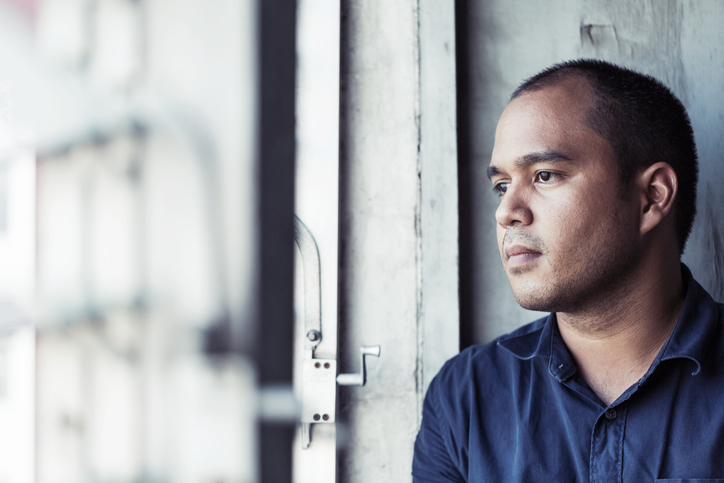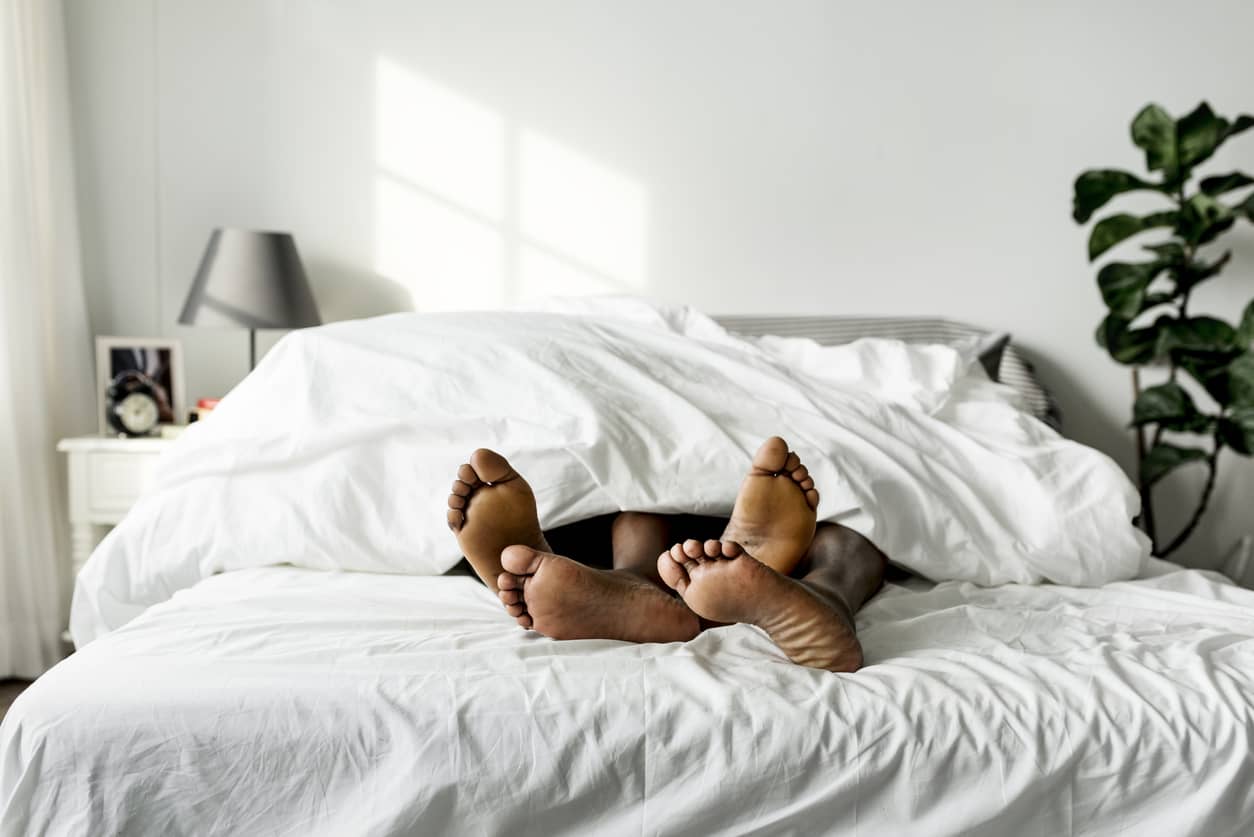You may have heard someone say they have ‘intimacy issues’. It’s a phrase that can be overused, and some people might not be that serious when they say it.
But some people do have a real and intense fear of sex and sexual intimacy. So read on to find out more about this phobia of sex, what might cause it and how it can be treated.
What is fear of sex?
Fear of sex is a ‘phobia’ and it’s also known as ‘genophobia’ or ‘erotophobia’. People with genophobia can have a fear of sexual intercourse or of any type of sexual behaviour.
Other phobias that are sometimes related include:
- coitophobia – fear of sexual intercourse
- gymnophobia – fear of seeing people naked and/or being seen naked
- haphephobia – fear of being touched/touching other people
- nosophobia – fear of disease
- tocophobia – fear of pregnancy and childbirth
Am I afraid of sex?
A phobia is much more extreme than simply not liking something. It’s a strong fear or dread, which is out of proportion to reality.
You’ll have an exaggerated feeling of danger about the ‘triggering’ event or thing – in this case, sex. This unrealistic sense of fear is considered a phobia if it lasts for more than 6 months.
A phobia is thought of as a type of anxiety disorder. You might not get symptoms unless you come into contact with your phobia (sex). But for some people, just thinking about it can cause anxiety and panic.
Physical symptoms of a phobia can include:
- dizziness, lightheadedness or feeling faint
- feeling of choking
- a ‘pounding’ heart or fast heart rate (palpitations)
- chest pain or tightness
- sweating
- hot or cold flushes
- shortness of breath
- feeling or being sick
- diarrhoea
- numbness or tingling feelings
- shaking or trembling
Psychological symptoms of a phobia can include:
- feeling out of touch with reality (derealisation)
- feeling like you’re detached from your body (depersonalisation)
- fear of fainting, losing control or dying
These symptoms can be very unpleasant, so it’s understandable that if you have a phobia, you may start to try to avoid having to face your fear.
With genophobia, this means avoiding situations that might lead to sex or sexual behaviour. But as well as having a big impact on your life, avoiding your fears can actually make them worse.

What causes fear of sex?
Often, it’s not easy to pinpoint the exact cause of a phobia, including fear of sex.
Phobias may be caused by several different factors, including physical or emotional issues. There’s no definitive ‘genophobia test’.
But the following things may play a part in developing a fear of sex:
- a particular incident or trauma – such as sexual abuse, assault or rape
- a learned response – ideas picked up in early life, such as from a family member
- cultural or religious beliefs
- genetics – you may be more likely to develop a phobia
- insecurities about yourself and/or your body
- a medical condition that makes sex difficult or painful
How can I deal with fear of sex?
There are several things you can do to help yourself cope with your fear of sex. Many people find these things helpful when dealing with phobias, but bear in mind that some of them might not be right for you. You could try:
- talking to someone you trust
- learning to manage panic and anxiety with relaxation techniques
- joining a support group
- using self-help resources, such as books or online programmes
- taking a course that’s designed to help people with phobias

When should I seek medical help?
Everyone’s different, and we all manage our problems in different ways. Some people find it difficult to decide to get help for a phobia.
But fear of sex can have a big impact on your life. It may affect your relationships and cause feelings of loneliness or depression.
It can be very difficult to deal with a phobia on your own, so you might decide it’s time to get professional help.
Your doctor will be able to give you a proper assessment and recommend suitable treatment options. This may include:
- advice and information about self-help – such as books, online programmes, relaxation techniques and support groups
- talking therapies – such as exposure therapy, cognitive behavioral therapy (CBT) and hypnotherapy
- medication for anxiety – such as antidepressants, tranquillisers and beta-blockers
Remember: almost all phobias are treatable. Recognising your fear and asking for help is the first step towards overcoming it.
Key points
- fear of sex is known as genophobia or erotophobia
- a phobia is a type of anxiety disorder
- it can be caused by trauma, learned responses or genetics, among other physical and emotional issues
- if it’s having a big impact on your life, you may want to get professional advice
treatment can include self-help, talking therapies and medication






